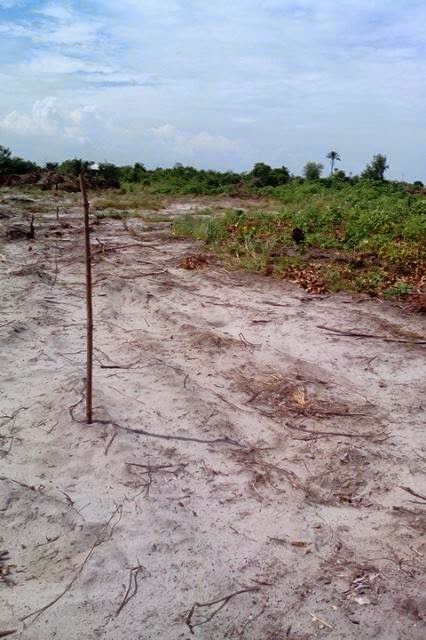NNPC shops for investors for ethanol plant
The Nigerian National Petroleum Corporation (NNPC) is seeking investors for its Renewable Energy Division (RED) to implement Nigeria’s automotive biofuels industry programme through a series of planned Special Purpose Vehicles (SPVs).
The automotive biofuels industry programme, according to NNPC, is aimed at leveraging the vast agricultural potentials with abundant skilled and unskilled labour in the country.
It added that it is also geared towards the synergy of NNPC downstream assets, capabilities, and infrastructural facilities.
NNPC said that the rationale for the automotive biofuels industry programme is to develop low-carbon energy for the transportation sector with significant financial returns, mitigate climate change, create wealth and employment and attain sustainable development across the country.
It stated: “NNPC has secured suitable land portions to develop fuel ethanol and biodiesel project from local and state authorities and has completed site-specific, bankable, detailed feasibility studies using international experts and registration with appropriate public institutions. The corporation is seeking to create special purpose vehicles with strategic core investors having proven operational and managerial expertise in large-scale integrated biofuels plantations and plants envisaged for the programme.
“While NNPC will indicate its negotiation shareholding of 20 to 30 per cent in each of the partnerships, the core investor(s) would be expected to undertake 100 per cent funding of the projects under a carry agreement in the first phase”.
It disclosed that to demonstrate the feasibility, the corporation intends to start with the proposed sugarcane fuel-ethanol project in Agasha-Guma area of Benue State, Nigeria.
NNPC noted that the first phase of the project will cover at least 50,000 hectares of sugarcane Plantations in close proximity, fitted with fuel ethanol processing plant; cane mill and refined sugar plant; bagasse cogeneration plants; carbon dioxide recovery and bottling Plant, and other utilities as appropriate.
Source: Guardian Newspaper.


Comments
Post a Comment